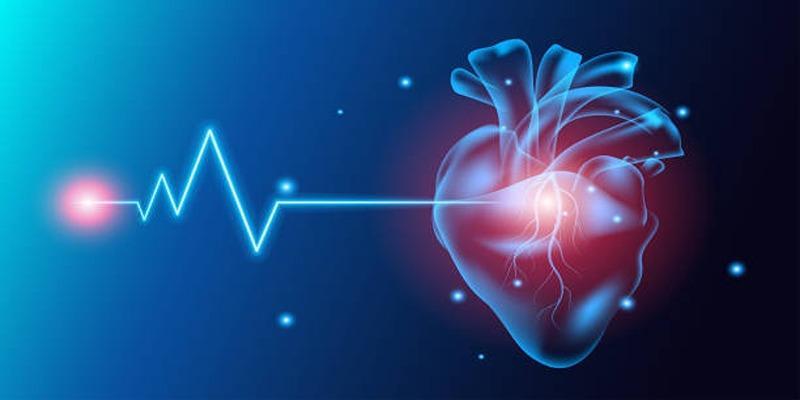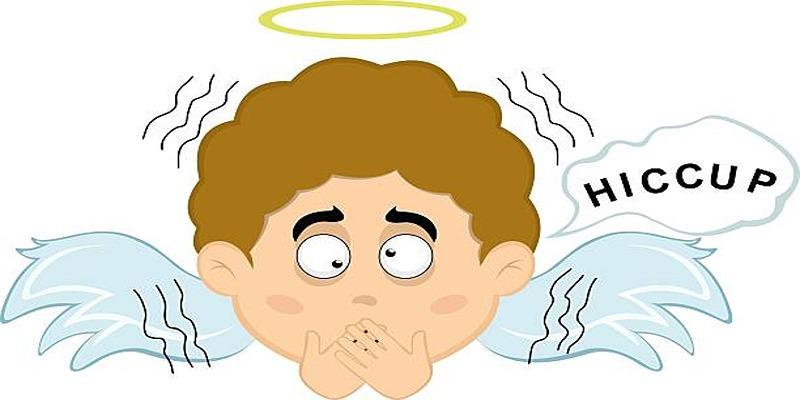Ectopic heartbeat is irregular or missed heartbeat which is usually experienced as a flutter or a momentary pause in the chest. The causes of these premature heartbeats are those due to an abnormality in the electrical heart responses. Those are usually harmless but on some occasions represent underlying problems and it is important to know be aware of their causes and possible implications.
What Is an Ectopic Heartbeat?

Ectopic heartbeat refers to the additional or abnormal heartbeat, that is, it fails to beat in the standard rhythm amid the usual rhythm of the heart. Meanwhile, the heart counter-checks its rhythm and is stationary and kept steady by the electrical impulses generated at the heart by the sinoatrial regarding the SA bar, which is commonly known as the natural pacemaker.
These electrical impulses occur in regions of the heart other than the SA node that result in an ectopic beat. This leads to a premature contraction which sometimes would seem like a skipped beat, a fluttering of a heart or a few steps and then an even more heavy beating.
Ectopic heartbeats are of two kinds:
- Premature atrial contractions or PACs: This is formed as a contraction in the upper sections of the heart (atria).
- Premature ventricular contractions (PVCs): This type of cardiac rhythm starts with the lower (ventricular) chambers (also known as Jumping or Little, Blinking Heart).
Understanding the type of ectopic beat is crucial because their implications can differ in terms of risk and management.
Common Causes of Ectopic Heartbeats
Ectopic heartbeat may happen in healthy people without any heart disease but there are also specific triggers or circumstances conditioning this phenomenon. Common causes include:
- Stress and anxiety: An emotional stress may raise the adrenaline levels leading to uneven beating by the heart.
- Weakness and insomnia: Sleep deprivation may play havoc with the normal activity of electrical signalling in the body, exaggerating ectopic activity.
- Excessive consumption of caffeine, energy drink or other stimulating substances could cause an additional heartbeat.
- Electrolyte imbalances: Electric charges such as magnesium, calcium, and potassium are considered important to normal heart performance. Premature contractions may be caused by imbalances.
- Health issues: Health issues include high blood pressure, thyroid conditions, or heart issues that can predispose being hit.
- Medications and supplements: There are some medications, especially medicines that influence the heart or the nervous system that can aggravate the ectopic activity in the sensitive individuals.
Triggers are also widespread but it is also worth noticing that ectopic heartbeats may present themselves on their own, without any apparent trigger.
Recognizing the Symptoms
The wrong sound of an ectopic heartbeat may seem different to different individuals. It might go unnoticed by some and certain individuals might show some symptoms. Common sensations include:
- A brief pause or skipped beat
- Fluttering, or pounding in the chest.
- Pain free mild chest aches.
- The sensation of a heart rapidness.
The symptoms tend to be temporary and rare. But when the frequency of ectopic beats is high and/or calms, dizziness, fainting, shortness of breathing, or painful feeling in the chest area, the medical therapy is required and it points to a possible heart issue.
Diagnosis of Ectopic Heartbeats
The diagnosis of ectopic heartbeats is a conglomeration of patient history, physical examination, and diagnosis. Healthcare practitioners normally begin with the following:
- Electrocardiogram (ECG or EKG): This is a test that measures electric activity of the heart and is able to detect the premature contractions.
- Holter monitoring: This is a mini-gadget that is worn 24-48 hours to continuously measure heart beats and record irregular ectopic rhythms.
- Event monitors: These are equivalent to Holter monitors except that they are adhered to throughout a longer period of time to monitor unusual symptoms.
- Blood tests: This can be done in order to trace electrolyte imbalances, thyroid abnormalities or other conditions.
- Echocardiogram: An x-ray test that is used to examine the anatomy and functioning of the heart in order to disapprove structural aberrations.
The proper diagnosis assists in casing benign ectopic beats and arrhythmia that have potential impractical and should be treated in greater depth.
Risk Factors and When to Seek Help
Whether height is dangerous or not, ectopic heartbeats are harmless in most cases, especially those that are professed by young people who do not have a heart disease. Nevertheless, there are aspects that promote the danger of complications:
- Preexisting heart disorders, such as cardiomyopathy, coronary artery disease, or past heart attacks.
- Consist or high-frequency irregular heart beats.
- Symptoms that accompany it include chest pain, shortness of breath or fainting.
- Heart rhythm disorder Family anamnesis of severe cases.
Ectopic beats accompanied by severe chest pain, sudden dizziness or unconscious face, as these are possible indicators of major cardiac events, should be investigated via medical consultation immediately.
Management and Treatment Options
In most healthy people, ectopic heartbeats often need little intervention and can be put effectively under management by changes in management:
- Stress management: Mindfulness, deep breathing exercises, and meditation are the techniques that can be used to decrease the rate of ectopic beats.
- Sleep hygiene: It is important that one gets ample sleep to maintain steady supply in heart beats.
- Avoiding triggers: Triggers can be prevented by curbing stimulants; limiting caffeine, and avoiding excessive levels of energy drinks.
- Electrolyte balance: A balanced diet that is high in magnesium, calcium, and potassium is beneficial in maintaining normal hearts functioning.
Medical treatments could be taken into consideration in the circumstances when the ectopic heartbeats are symptomatic or on the one hand, are common:
- Catheter ablation: In cases of persistent or troublesome bizarre beats that are beginning at certain regions in the heart, it might be advisable to have the procedure done to give the procedure of destroying the abnormal tissue.
- Management of underlying conditions: Approaches to Pregnancy reduction Ectopic activity may be decreased by treating thyroid diseases, high blood pressure, and structural heart abnormalities.
It is important to be directed by a medical consultant on the treatment and have repeated follow-ups to implement corrective responses.
Prognosis and Outlook

In most cases, ectopic heart beats are normal and associated with not so serious heart disease. No one can help but notice occasional skipped beats that do not usually need any special treatment. Nevertheless, patients whose perspective on life is disrupted by their symptoms or other risk factors should be constantly observed.
With proper management, including lifestyle change and medical attention where essential, ectopic heartbeat patients can lead normal lives and physical activity levels. Triggers awareness, early identification and regular examinations are important in at least providing long term cardiac health.
Conclusion
Ectopic heart beats are normal and usually painless and people perceive them as going out of beats or vibration of the same or irregular beating. The awareness of causes, symptoms, and possible triggers enables the individuals to deal with these episodes. Most cases of ectopic beats are harmless; however, such cases should be assessed periodically, or symptomatically; this would understand the heart conditions underlying the condition.












